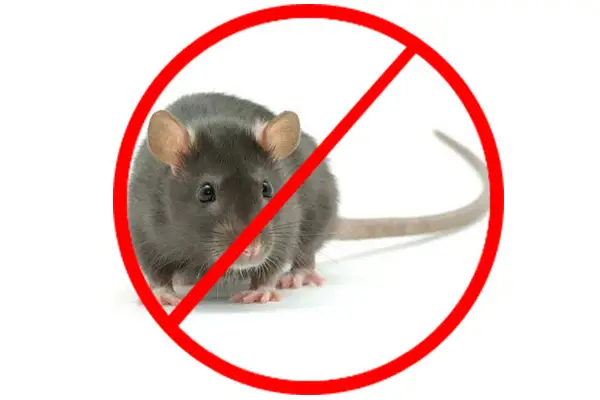Welcome to the ultimate guide for dental care! Whether you’re looking to enhance your daily oral hygiene routine or seeking professional advice for lasting dental health, you’re in the right place. Today, we’ll explore essential tips from leading dental professionals to help you maintain that sparkling smile.
Good dental health is not only vital for a beautiful smile but also critical for overall well-being. Issues like cavities, gum disease, and bad breath can stem from inadequate oral care practices. Fortunately, adopting expert-recommended strategies can greatly improve and maintain oral health. Let’s dive into the comprehensive advice provided by top dentists.
Daily Brushing and Flossing Routine
Maintaining a robust daily brushing and flossing schedule is paramount for optimal dental health. Experts recommend brushing at least twice a day using fluoride toothpaste and a soft-bristled brush. Careful attention should be paid to each tooth’s surface, ensuring gentle motions to avoid gum damage. Additionally, flossing at least once a day helps remove food particles and plaque from areas your brush can’t reach, further preventing gum diseases and tooth decay. For personalized tips on brushing and flossing techniques, consulting a Reliable Dentist Noblesville Indiana can be immensely beneficial.
To complement your routine with products that meet your specific oral health needs, discussing options with your dentist during regular check-ups is advised. They might recommend different types of toothpaste or floss based on your gums’ condition or tooth alignment.

Regular Dental Check-Ups
Booking regular dental check-ups is essential to ensure early detection and treatment of potential oral health issues. Dentists recommend a visit every six months for a routine cleaning and examination of your mouth. These visits help identify problems like cavities or gum disease early on when they are easier and less expensive to treat.
During these appointments, dentists also provide valuable advice customized to your specific needs, such as dietary suggestions and products to use at home for improved dental care. Regular professional cleanings also remove tartar build-up, which can’t be achieved with brushing and flossing alone.
A Balanced Diet for Oral Health
Eating a balanced diet plays a crucial role in maintaining good dental health. Foods rich in calcium and phosphorous—such as milk, cheese, nuts, and lean meats—help strengthen teeth enamel. Conversely, sugary snacks and acidic beverages should be consumed minimally as they can erode enamel leading to cavities.
It’s also advisable to rinse your mouth with water after having highly acidic food items or sugary drinks to neutralize their effects until you can properly brush them away. A dentist can provide tailored nutritional guidance depending on your specific oral health conditions and goals.
Importance of Hydration
Keeping hydrated is vital for overall health, including oral hygiene. Water aids in washing away food particles and bacteria that lead to cavities and gum disease if left unchecked. Saliva is your mouth’s natural defense against decay, aiding in buffering acids; thus, staying hydrated ensures adequate saliva production.
Drinking fluoridated water can further benefit tooth health as fluoride helps in hardening the tooth enamel thus resisting acid attacks from food residues. Make sure to incorporate regular sips of water throughout your day regardless of thirst cues.
Facing Dental Anxiety
Fear of visiting the dentist can prevent many individuals from receiving necessary preventative care or treatments. Open communication with your dentist about any anxieties you have can help tailor the experience to better suit your needs. Many practices now offer comfort aids such as noise-canceling headphones, sedation options, and detailed explanations before procedures to help ease anxiety.
If anxiety has been keeping you from regular checkups, consider looking into practices that specialize in treating anxious patients. Building trust with a compassionate provider tremendously contributes to maintaining consistent dental care.
In conclusion, optimal oral hygiene encompasses more than just brushing and flossing daily; it includes comprehensive steps like embracing a balanced diet, staying hydrated, managing dental anxiety, and adhering strictly to regular check-ups. By integrating these essential tips into your life, you pave the way towards not only better dental health but an improved quality of life overall.
Maintaining optimal oral health requires dedication but adopting these expert-recommended strategies ensures lasting benefits for your teeth and gums—a cornerstone of general health that significantly enhances one’s comfort and confidence every day.

